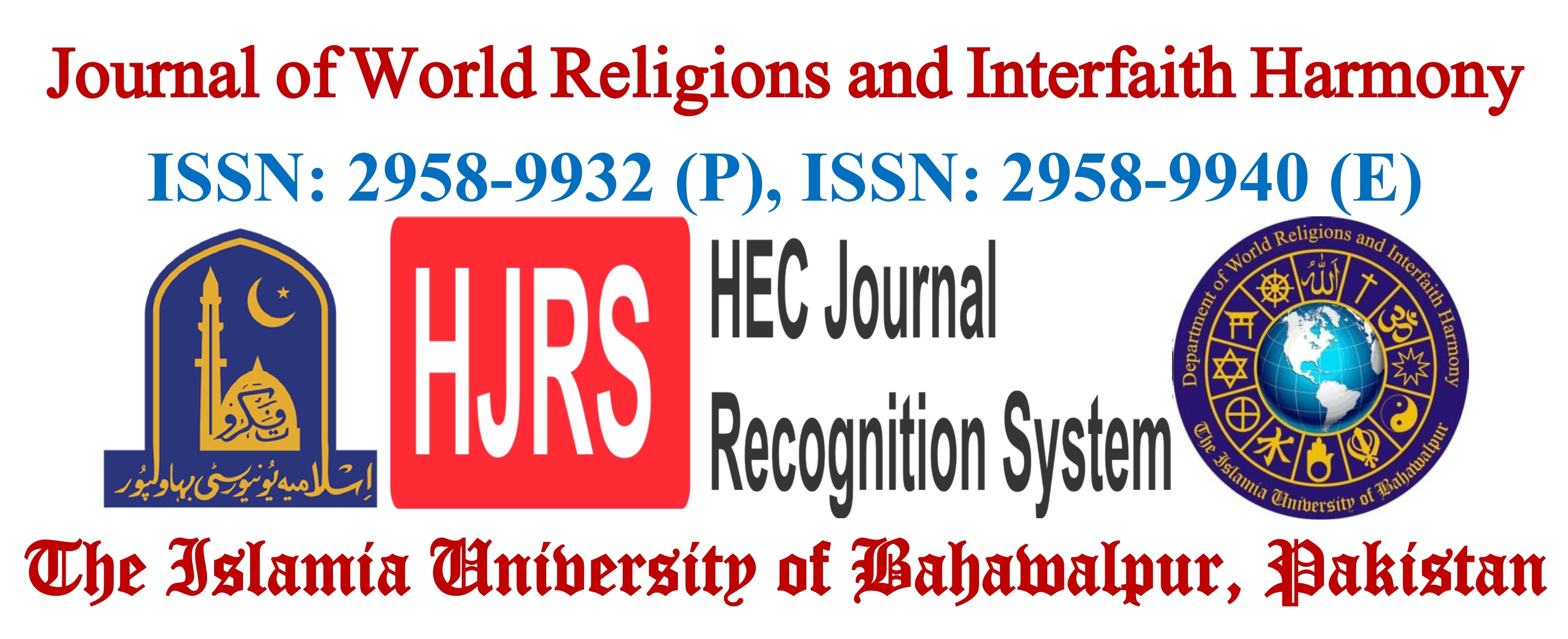Theological Perspectives - Prophecy and Prophethood
Abstract
The Paper assumes that the roots of Prophecy and Prophethood may be traced back to the early beginnings of the Abrahamic religion. Prophecy is essentially a challenge to established institutions whether religious, political, or social, by mediating between a ‘higher’ authority and the lay public. But Prophets establish their authority by being apart from the social order upheld by established institutions and asserting the values of a more transcendent order.
Rapid material growth, spiritual decline and social changes introduced a host of challenges against which the Prophets struggled. Each one made his own contribution to religious understanding and stressed the necessity of faith, righteousness, moral conduct, human responsibility, universalism and worship of Allah/Yahweh - the One and Only God of everyone through faithfulness.
The Prophets being convinced that Allah would fulfil His Promises only as the people were faithful in worship and in righteousness, endeavoured to revive a listless faith. They depended upon direct relationship with The Almighty, and were concerned with immediate human problems, insisted on standards of moral conduct, taught that the entire world would learn to worship the Creator and Sustainer of the World, and believed in success through human effort guided by Divine Inspiration. They believed that evil would perish at the end of time, and a new era of blessedness established. Prophecy ceased with the Qur’an and the Prophethood with Muhammad.
Downloads
Published
How to Cite
Issue
Section
License
Copyright (c) 2024 Badr Hashemi

This work is licensed under a Creative Commons Attribution-NonCommercial 4.0 International License.






